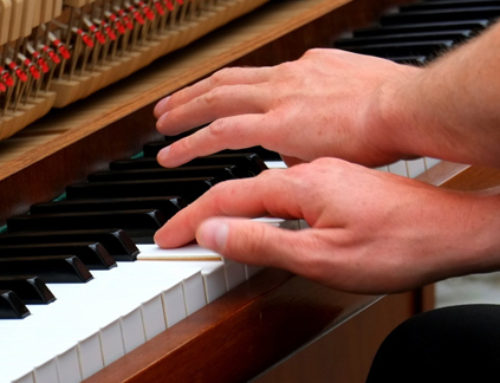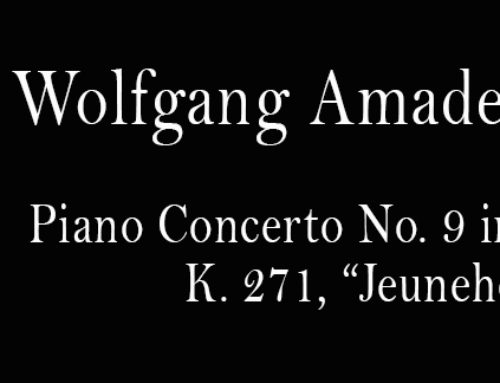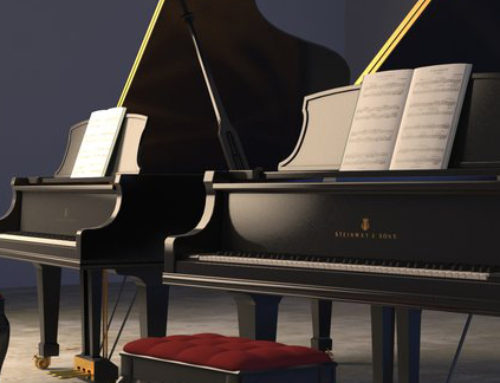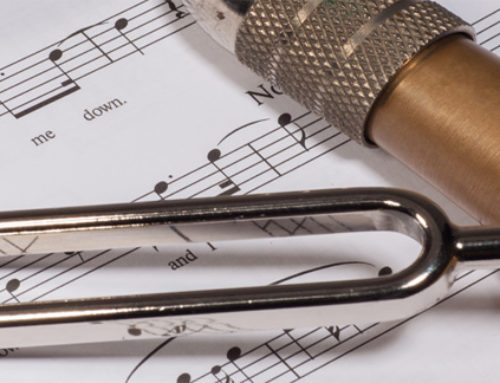The sound created by the piano would not be possible without the hammers. Piano hammers are engineered to meet stringent requirements, and their density, weight, shape, and texture are vital to producing a good tone. Over time, though, these hammers lose the shape that is critical to good tone. When that happens, the hammer must be reshaped.
What is a piano hammer? It is a core of wood covered by layers of felt. Softest at the top, these layers become denser at the core. Initially, they are round, but as the felt comes in contact with the strings, the felt flattens and become grooved from contacting the piano strings. When this flattening occurs, the contact area grows and the piano’s tone will suffer.
To reshape these hammers and restore good tone, the layers of felt must be removed, usually through sanding, to “reshape” the strike point. Once this is completed, it is often necessary to voice the hammer, which makes the dense felt looser, producing fluff that corrects the tone and prevents the reshaped hammer from producing brittle or overly tinny or bright tones.
Finally, the hammer is ready to be matched with the string. As a precision instrument, this step is critical to the quality of the piano’s sound. There are three strings that work together for each piano note. In order to get the best tone, the hammer has to strike these three strings at exactly the same time. If the hammer’s strike point is not perfect or the strings are not even, the strings may be struck with unequal force, causing vibrations, buzzing, or echoes in the piano’s notes.
Hammer reshaping is part of necessary piano maintenance. By reshaping the hammers when necessary, owners will prevent damage that would result in hammer replacement. How often you need to have your hammers reshaped depends on how much use your piano receives, but most piano hammers need to be reshaped several times throughout the life of the instrument.
If your piano has suffered a loss in the quality of tone, it may be time to have your hammers reshaped. It is a precision process, but one that will restore the quality of tone and sound that you expect from your investment.
Click here to learn more about the services Robert’s Piano Services offer.
Call 408.375.3612 today for a free consultation to determine your piano’s needs and create a personalized tuning and servicing schedule based on your piano’s age, condition, usage, and environmental factors.
















